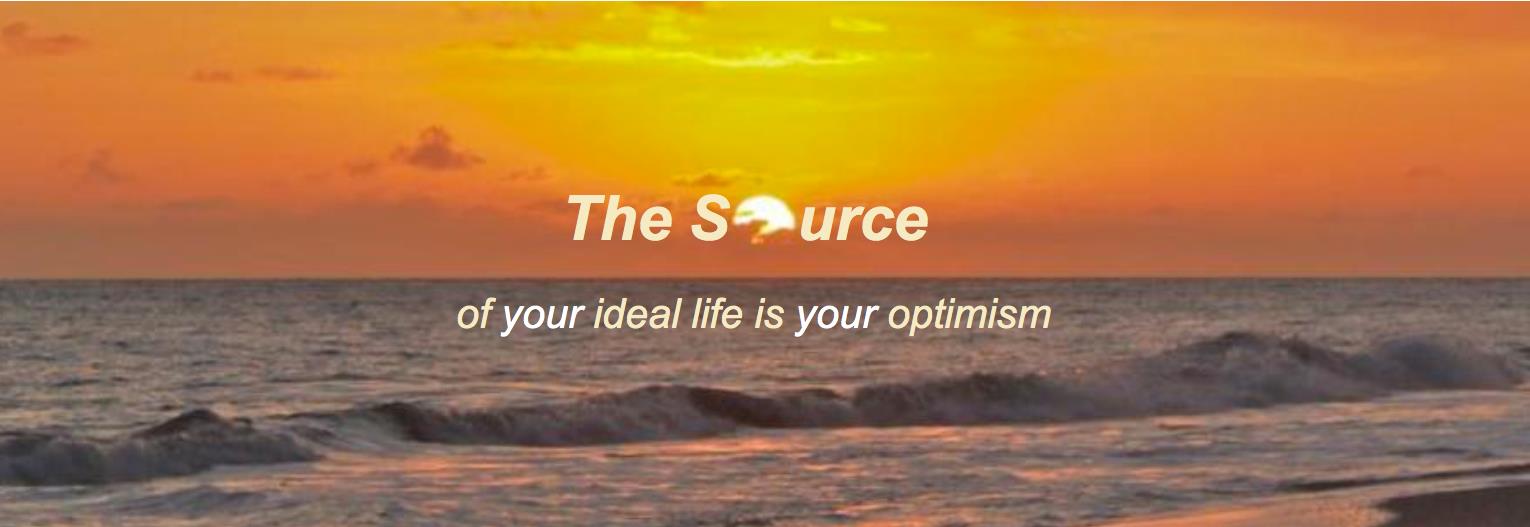|
Children find everything in nothing; adults find nothing in everything. ~ Giacomo Leopardi I have two wonderful teenage daughters who are rapidly growing into intelligent, creative, and talented young ladies. Indeed, as the saying goes, “They grow up way too fast!” Looking back over the years, it seems they have grown as fast as a bamboo plant! I vividly recall the tasty tea parties and gleeful squeals on birthdays and Christmas mornings. Of all the things I miss most, I think I miss watching them play. Have you ever noticed how much love children give their playtime? They don't need many material things to have fun, and they have no concept of time. It seems like they could go on playing days on end, stopping here and there only to eat and perhaps steal a quick hug and a kiss (at least that’s what my daughters do). Like adults, children are in a constant state of learning. Over the first few years of their life, they consume a massive expanse of information. I purposefully use the word consume in this context primarily because they devour information at an incredibly fast rate... and then they creatively destroy some of that information as they process and sort through the data, forming their own thoughts, opinions, pseudo-facts, visions, dreams, and personal interests. Like children, we adults are also in a constant state of learning. However, unlike children, all too often, we are far less comfortable with the understanding that we are perpetually in a state of understanding. Many adults get too caught up in the “No-Know-Game.” What is this common-but-unknown game? It’s the curious game adults sometimes play when interacting with other adults. And it usually covers three related responses:
Ironically, the three responses above look more like something a child would say. Why do we sometimes behave like children? Is it because we all still have that little boy or little girl deep down inside, not quite all grown up like the rest of society’s fully-grown adults (or… so it would seem to those adults who look at each other and see only the adult and not the child)? Actually, most of our behavior is grounded in the act of holding on to things that we consider very important… and I’m not talking about material things like cars, trucks, and trinkets. In addition to material things, beliefs, values, customs, traditions, and relationships are clear examples of things we consider important. And our days are literally consumed by efforts related to not only getting and maintaining, but also changing those things we consider important. In our daily efforts to hold on to all this stuff that we THINK we need, we often resort to childish behaviors – and not the “good” childish behaviors. Moreover, our childish behaviors are usually related to matters involving self-esteem. In fact, of all the judgments we pass on people and things we encounter in life, none of those judgments is as important as the one we pass on to ourselves. Having the wonderful blessing of youth, children are often far too shortsighted to doom their future activities to the undermining thoughts of today. In fact, for the most part, the entire concept of consequences is largely intangible and far too conceptual for children to truly understand. And for this reason, children will often do the same things over and over again, not necessarily expecting the same result… but just because they want to. Fascinating, yes? Even more fascinating is the fact that adults do the exact same thing. But here is the big difference, if not a perplexing paradox: As adults, we know better. Or do we? Perhaps we adults have it all wrong. Perhaps we need to pay greater attention to that little person inside of us. I’m not necessarily saying we should all regress to the point of tantrums, tricycles, and training wheels. However, if we didn’t try so hard to hold on to so many things that we consider important, perhaps we could re-invoke that wonderful wandering spirit of the most questioning-yet-learned child. If we could somehow need less, I believe we just might get more out of life. Do it on purpose: PLAY MORE ...if only for a few minutes each day. As we press forward through our collective social distancing, I humbly suggest a few adult “playtime” activities. Accordingly, your mission for today: Treat your S.E.L.F. to one of your favorite childhood pastimes:
Oh… and one more thing… Forgive. Focus. Find. Accept. Adapt. Achieve. ® Aloha, John John H. Clark III is an optimistic realist.
Principal consultant at The PIE Group, and Executive Director of TeenBuilding USA, [a non-profit 501c(3)], John believes better development of leaders is what we (all) need. And to be better organizations, we need more good leaders, not followers. To build better leaders, we must start with the individual (you, she, he, and me). Described as “an innovative leader,” John teaches leaders, organizations, and individuals how to inspire each other. With a bold goal to inspire a worldwide community of optimistic realists who continuously accept, adapt to, and achieve the bold and beautiful concept of The Ideal Life, John is leading a movement to inspire people to apply his trademarked mantra {Accept. Adapt. Achieve! ®}. An innovative business manager and retired naval officer, John is fascinated by leaders and organizations that make the greatest impact within their organizational culture and within the “real” world — people who “get it.” Over the course of his life as a military leader, corporate mentor, and innovative content creator, John has discovered a wealth of insight about how we think, act and communicate within our respective work/life environments. As a career naval officer, mentor, educator, and optimistic realist, he has devoted his life to sharing insights to assist in our quests to become better at what we all do – live @ work! An optimist with a penchant for writing about realistic solutions to the challenges of everyday life, John is the author of 3 books: a leadership-development insider, The Ideal: Your guide to An Ideal Life, a teen-focused guide, Getting Out: Expert Advice for Today’s Teens, and the Christian-based book, God’s Heartbeat: A Powerful Premise for Leading a Christian Life. He delivers a unique and refreshing point of view to life's seemingly overwhelming situations. Through books, blogs, and everyday conversation, John's message resonates with an empowering blend of ideals that enrich, uplift, and “authorize” people to set and achieve goals far beyond current mindsets. His trademarked phrase is a winner: |
My purposeInspiring a worldwide community of optimistic realists. Archives
April 2024
Categories |



 RSS Feed
RSS Feed
